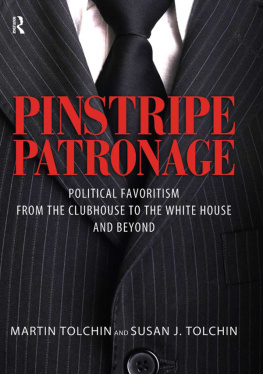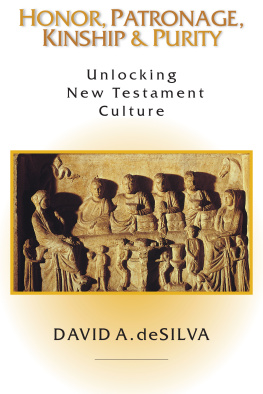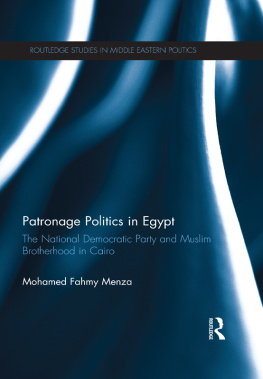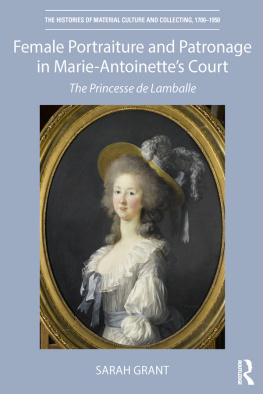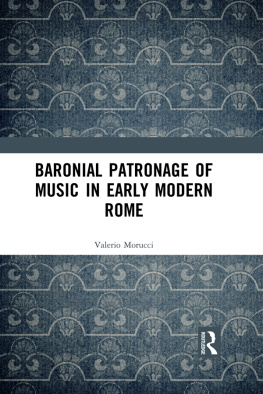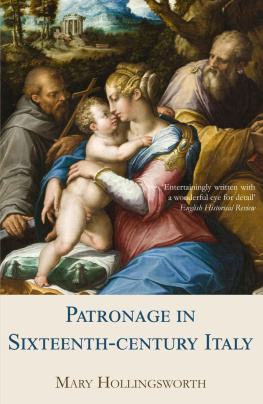First published 2011 by Paradigm Publishers
Published 2016 by Routledge
2 Park Square, Milton Park, Abingdon, Oxon OX14 4RN
711 Third Avenue, New York, NY 10017, USA
Routledge is an imprint of the Taylor & Francis Group, an informa business
Copyright 2011,Taylor & Francis.
All rights reserved. No part of this book may be reprinted or reproduced or utilised in any form or by any electronic, mechanical, or other means, now known or hereafter invented, including photocopying and recording, or in any information storage or retrieval system, without permission in writing from the publishers.
Notice:
Product or corporate names may be trademarks or registered trademarks, and are used only for identification and explanation without intent to infringe.
Library of Congress Cataloging-in-Publication Data
Tolchin, Martin.
Pinstripe patronage: political favoritism from the clubhouse to the White house and beyond / Martin and Susan J. Tolchin.
p. cm.
Includes bibliographical references and index.
ISBN 978-1-59451-592-7 (hardcover: alk. paper)
1. Patronage, PoliticalUnited States. 2. United StatesPolitics and government. I. Tolchin, Susan J. II. Title.
JK736.T648 2010
306.20973dc22
2010013788
ISBN 13: 978-1-59451-592-7 (hbk)
ISBN 13: 978-1-59451-593-4 (pbk)
Designed and Typeset by Straight Creek Bookmakers.
Pinstripe Patronage: From the Clubhouse to the White House and Beyond examines the financial rewards bestowed upon those involved in politics and how they have changed in the last quarter century. We found that the biggest rewards now go to those more at home in the boardroom than on the assembly line, as the Christmas turkey has been replaced by billion-dollar contracts. We were intrigued by the strategies created by politicians to circumvent five Supreme Court decisions, beginning in 1976, which severely restricted political patronage: the discretionary favors of government awarded to political supporters.
Each of those Supreme Court decisions cited our earlier book, To the Victor: Political Patronage from the Clubhouse to the White House, which originated at a 1968 meeting of The New York Times political reporters conducted by Arthur Gelb, the newspapers legendary metropolitan editor, who later became managing editor. Gelb asked the assembled reporters why people risked their reputations by going into politics. Veteran reporters said that most of them had made their fortunes and wanted to give back to their fellow citizens.
This view was not universally shared, however. Martin, then a metropolitan reporter, had just returned from an interview with Stanley Steingut, Brooklyn Democratic leader and Speaker of the New York State Assembly. During the interview, Steingut had received several telephone calls, and Steinguts end of the conversation went as follows: Yes, Max, you get the plumbing, but Harry gets the electrical work, Morris gets the engineering, Sam gets the cafeteria. Subsequent calls from Harry, Morris, and Sam elicited a similar recital. Eventually, Martin asked Steingut if the contracts related to a public or private building. His response: Does it really matter?
The inference was clear: Financial rewards awaited those involved in politics. Gelb assigned Martin to ferret out the many ways in which politicians enrich themselves and their political allies. The resulting articles led to a book written with Susan (a professor of political science) and published in 1971. In that effort, we also were guided by an extraordinarily creative editor, Jason Epstein, at Random House. To the Victor was the first of our eight books, many of which took 180 turns from their original premises. Initially, we considered patronage somewhat sleazy, the coin of the realm of political machines, whose bosses did well to stay one jump ahead of the sheriff. Reams of articles and books focused on patronage in terms of corruption, party building, and illicit exchanges of campaign contributions for political rewards. But we shifted our opinions after scores of interviews in dozens of towns, cities, and visits to Washington, D.C., to talk to members of Congress, the judiciary and the executive branch, as well as to key figures in city halls and statehouses. We concluded that despite its considerable baggage, patronage continued to be a necessary tool of government, and that those who disdained its practices often proved ineffective public servants. The conundrum continues to this day: how to succeed in politics and retain ones integrity?
All our subsequent books returned to our initial theme: the back story of politics in America reverted to the theme of government patronage. Although it appears today in many different guisessuch as outsourcing, privatization, and earmarksit all comes down to the rewards that hold political organizations together.
Our interviews with public officials persuaded us to abandon our initial view that patronage consisted mainly of jobs. We were told that key constituents often wanted favors ranging from a photograph with a mayor, governor, or president to display on an office wall; to zoning variances, bank deposits, earmarks, contracts, tax exemptions, guardianships, refereeshipsin other words, a host of rewards available only from those in power. Pinstripe Patronage reflects the fact that political favoritism has been taken to a new and loftier level and affects every facet of government, even foreign policy and intelligence.
Our collaboration of journalist and political scientist dismayed many of our colleagues. In the world of academe, there is no more pejorative epithet than journalistic. To the cognoscenti, that is often code for superficial, anecdotal, and unreliable. Yet at the same time, academics rely very heavily for their own research on what they call secondary sources, which are often the very print media articles or blogs they have previously disdained. Similarly, working journalists hurl their own insults at the academic world, at times labeling research academic. Translation: ivory tower, poorly written, and, worst of all, irrelevant. On the other hand, journalists often quote academics to lend credibility to their articles. We aimed for the best of both worlds: extensive reporting enriched by insights and perspective. Journalism brings a fresh and innovative approach to solving the mysteries of political life; the academic approach affords the advantages of time and reflection, free from the burdens of daily deadlines and word limits. In sum, this book is a collaborative effort in many ways, in addition to the obvious one of a husband-wife team. It builds on the thoughts, insights, and scholarship of generations of forefathers and foremothers to produce its very own way of looking at the world, and we hope that it benefits from both approaches.

